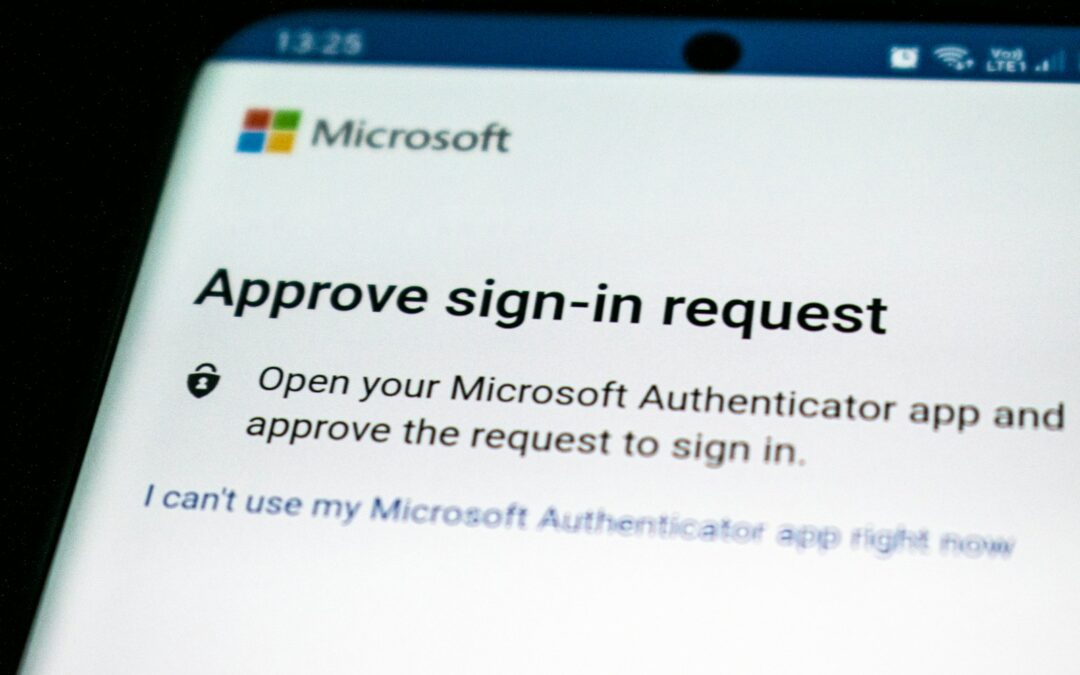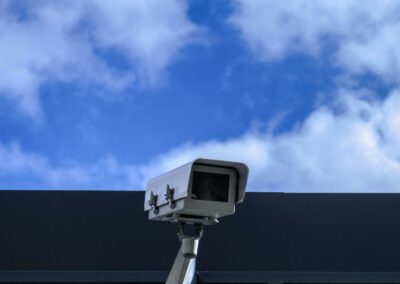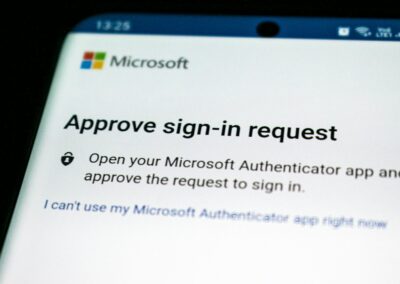The Role of Biometric Technologies in Modern Digital Security
The Advantages of Biometric Authentication
The use of biometric authentication for digital identity verification is transforming the landscape of digital security by offering enhanced protection and convenience. As businesses and governments worldwide adopt advanced technologies to secure digital interactions, biometric methods such as fingerprint and facial recognition have emerged as reliable and efficient solutions. In Saudi Arabia and the UAE, where technological innovation is a key driver of economic growth, the implementation of biometric authentication is playing a crucial role in safeguarding digital identities and streamlining verification processes.
Biometric authentication leverages unique biological characteristics to verify identities, making it significantly more secure than traditional methods such as passwords and PINs. Fingerprint recognition, for instance, uses the distinct patterns of an individual’s fingerprint to grant access, ensuring that only authorized users can access sensitive information or perform critical transactions. In Riyadh, this technology is being utilized across various sectors, including banking and healthcare, to enhance security and prevent unauthorized access.
Facial recognition technology is another powerful tool in the realm of biometric authentication. By analyzing the unique features of a person’s face, this technology can quickly and accurately verify identities, making it an ideal solution for high-security environments. In Dubai, facial recognition is being integrated into government services and smart city initiatives, providing citizens with a secure and convenient way to access services. This adoption not only enhances security but also improves the efficiency of service delivery, contributing to the overall success of digital transformation efforts.
Implementing Biometric Authentication in Business and Government
For businesses and government agencies in Saudi Arabia and the UAE, implementing biometric authentication technologies is a strategic move to enhance digital security and operational efficiency. By adopting fingerprint and facial recognition systems, organizations can protect sensitive information, reduce fraud, and streamline identity verification processes.
In the business sector, biometric authentication offers several advantages, including improved security, enhanced user experience, and reduced operational costs. Companies can use biometric systems to secure access to physical locations, digital assets, and confidential data. For example, in Dubai’s financial sector, banks are deploying biometric authentication to secure online banking services, ensuring that only legitimate customers can access their accounts. This not only protects customers’ financial information but also strengthens the bank’s security posture against cyber threats.
Government agencies in Riyadh are also leveraging biometric authentication to enhance the security and efficiency of public services. By integrating fingerprint and facial recognition into identity verification processes, these agencies can ensure that only authorized individuals can access government services, reducing the risk of identity theft and fraud. Additionally, biometric authentication simplifies the verification process for citizens, allowing them to access services quickly and conveniently. This approach aligns with the government’s vision of creating a secure and efficient digital infrastructure.
Moreover, the integration of biometric authentication with other advanced technologies such as AI and blockchain can further enhance security and efficiency. AI can improve the accuracy and reliability of biometric systems by continuously learning and adapting to new patterns. Blockchain, on the other hand, provides a secure and transparent framework for storing and managing biometric data, ensuring that it is protected from tampering and unauthorized access. In the UAE, innovative projects are exploring the combination of these technologies to create a robust digital identity verification system that meets the highest standards of security and privacy.
Case Studies: Biometric Authentication in Action
Examining case studies from Saudi Arabia and the UAE illustrates the successful implementation and benefits of biometric authentication technologies. In Riyadh, a leading healthcare provider has adopted fingerprint recognition to secure patient records and streamline the check-in process. Patients can now use their fingerprints to access their medical information, ensuring that their data remains confidential and protected. This implementation not only enhances data security but also improves patient experience by reducing wait times and simplifying access to healthcare services.
In Dubai, the government has integrated facial recognition technology into its smart city initiatives to enhance public safety and streamline citizen services. The Dubai International Airport, for instance, uses facial recognition to expedite passenger processing, allowing travelers to pass through security checkpoints quickly and securely. This technology is also being used in public transportation systems to improve security and convenience for commuters. By adopting facial recognition, Dubai is setting a benchmark for smart city innovations and demonstrating the potential of biometric authentication in enhancing urban living.
Both Saudi Arabia and the UAE are also exploring the use of biometric authentication in the financial sector to combat fraud and secure digital transactions. In Riyadh, banks are deploying facial recognition to verify the identities of customers during online transactions, ensuring that only legitimate users can conduct financial activities. This approach reduces the risk of fraud and enhances customer trust in digital banking services. Similarly, in Dubai, financial institutions are leveraging fingerprint recognition to secure ATM transactions, providing customers with a secure and convenient way to access their funds.
The Future of Biometric Authentication
As digital transformation continues to evolve, the role of biometric authentication in enhancing security and convenience will become even more significant. In regions like Saudi Arabia and the UAE, where technological advancements are a cornerstone of economic and social development, the adoption of biometric technologies is expected to expand across various sectors.
One potential area of growth is the integration of biometric authentication with emerging technologies such as the Metaverse and generative AI. These technologies offer new opportunities for creating immersive and secure digital experiences. For instance, biometric authentication can be used to verify identities in virtual environments, ensuring that interactions in the Metaverse are secure and trustworthy. In Dubai, projects are underway to explore the use of biometric authentication in virtual reality applications, setting the stage for innovative and secure digital interactions.
Another promising direction for the future of biometric authentication is the development of multimodal systems that combine multiple biometric methods for enhanced security. By using a combination of fingerprint, facial, and voice recognition, these systems can provide a higher level of accuracy and reliability. In Riyadh, research initiatives are focusing on developing multimodal biometric systems that can be used in critical infrastructure and high-security environments. These advancements will contribute to creating a more secure and resilient digital infrastructure.
In conclusion, the use of biometric authentication for digital identity verification is essential for enhancing security and convenience in the digital age. By adopting advanced biometric technologies such as fingerprint and facial recognition, businesses and governments in Saudi Arabia and the UAE can protect sensitive information, reduce fraud, and improve the efficiency of identity verification processes. As digital technologies continue to evolve, maintaining a strong commitment to biometric authentication will be crucial for navigating the complexities of the digital era and promoting responsible innovation.
#BiometricAuthentication #DigitalIdentityVerification #FingerprintRecognition #FacialRecognition #AI #Blockchain #SaudiArabia #UAE #Riyadh #Dubai #ModernTechnology #BusinessSuccess #DigitalTransformation























